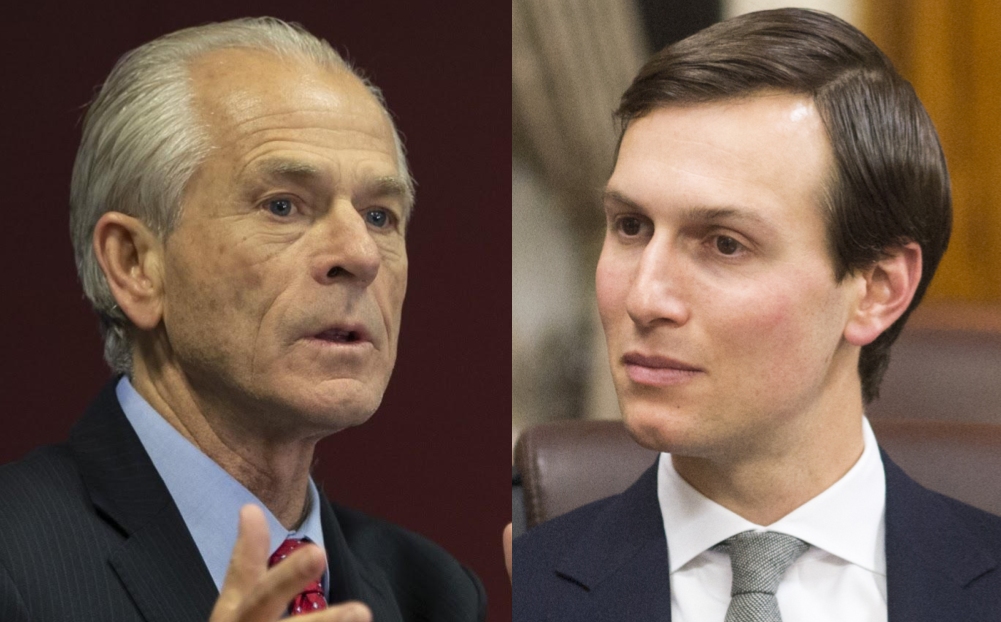
The Pandemic Is Making The Crisis Of Expertise Much Worse
Expertise is not problem solving. The pandemic clarifies the difference with tragic efficiency.
This the fourth post in a series on the pandemic and its impact on progress and problem solving. In the last post, we looked at the impact on our values.
Experts once went about their business in relative tranquility. They were authoritative, credentialed and respected. Most tended to the same activities their entire careers. Academic institutions and communities of practice were well defined and largely stable.
Today, there’s a crisis of expertise. Many consider experts parasitic, a conceit of the elite. Technology has made information abundant and accessible, creating armchair experts of every fabric and style. Old stock experts have been squeezed out, overrun with people that maintain a posture of expertise but none of the substance. Their mimicry runs so deep that these faux experts are themselves often unaware the difference. Privilege and celebrity provide fertile environments. The first son-in-law, Jared — “I’ve gotten a lot smarter about this” — Kushner is a sparkling example.

Since 2000, the number of people in America with advanced degrees has more than doubled. But even real experts cause grief for other experts. Once certified in a subject, experts may freely migrate beyond the boundaries of their training and experience. Stay in your lane!, experts warn. Stop your epistemic vacations! Public health experts opine on the economy. Economists opine on health matters. Trade advisor Peter Navarro defended his second opinion on hydroxychloroquine on the basis of his all-purpose expertise. When questioned, he explained, “I’m a Social Scientist.”
While often the brunt of late show jokes, the crisis of expertise leads to tragedy, particularly when expressed through political institutions. As Laura Field observed recently, “Americans have experienced the brutal consequences of an administration deeply distrustful of expertise.” She concluded, “This is a worldview in which experts are reviled and authoritarians coddled, a way of thinking that regularly pits raw force against truth, against knowledge, and against our equal freedoms.”
While there’s unquestionably a political divide, misunderstandings regarding the nature of problem solving and the limits of specialized expertise are common, even among the experts themselves.
We too often regard experts as plump bastions of knowledge, like whales or walruses. They are better understood as meerkats, ever watchful for errors and dangers. Through training and experience, experts build their error recognition repertoires. They become attuned to the biases that commonly lead to errors. In the process, experts learn. Over time they develop a degree of competence and mastery.

In novel crises like this pandemic, these misconceptions are exaggerated. We can’t expect experts to have ready-made answers to new problems. We turn to experts not because they have all the answers, but because they’re able to fail much more efficiently than the rest of us. They’re able to recognize and correct errors that would otherwise go unnoticed.
“Experience is the name everyone gives to their mistakes.” Oscar Wilde
Specialization brings its own set of challenges. The virus couldn’t care less about our arbitrary categories of scholarship and learning. The real world is inhabited by problems, not specialties, and problems are rarely so neatly confined. The pandemic reaches across economics and epidemiology, medicine and public health, sociology and psychology, history and philosophy. The epidemiologist Marc Lipsitch wrote, “No one can be expert in all of these specialties, and few can even be conversant in all of them. But a scientist should be open to learning about all of these kinds of evidence and more.”
One class of experts is notoriously impatient with subject matter boundaries, particularly in times of crisis. Entrepreneurs are the oxymoronically named expert-generalists. Although they often begin as specialists, entrepreneurs are far more concerned with problems. Theirs is a culture of problem solving and cross functional teams.
On first contact, entrepreneurs will frequently trivialize or disregard the true scope of a problem. (Other experts despise that tendency.) But their audacity immunizes them against inaction. They rarely suffer the turf wars of specialists. Quite the opposite: successful entrepreneurs will attract more entrepreneurs to the same problems. And all this activity leads to inspiring solutions, often outside the stated expertise of the problem solvers. Doctors create ventilators. Craft breweries create hand sanitizer. Designers create personal protective equipment. Roboticists create monitoring devices.

The crisis of expertise is exacerbated when experts waste their resources on small problems, when they conflate subject matter expertise with problem solving. And experts become downright endangered when they are used as otherwise empty statements of authority. The pandemic forces a reconsideration of expertise. Experts and entrepreneurs are reevaluating whether their specialized and narrow problems are worthy of their attention. This is progress.
But this isn’t just a crisis of individuals. The pandemic threatens even the largest enclaves of expertise. Our most enduring universities and respected professions are under siege as well.
And there is no institution more vital in this crisis than science. Science aims to explain reality and so lives closest to it. It stands directly in the pandemic’s path.
We’ll look at science and the pandemic in the next post.
